Behind the Headlines – Friday 6 September 2019
Jamshid Chalangi:
Tonight we will look at the problems that the Iranian people are facing both on domestic and international stages.
As for the problems that the regime in Tehran is facing, it is reported that a member of the Assembly of Experts who has been exposing the corruption among the regime’s top leaders has suddenly disappeared with his brother, but the intelligence and security organs have not said anything about this news.
We will ask why once the leader of the OPEC and producing more than 4 million barrels of oil per day Iran is now begging to be able to sell only 700,000 barrels of oil a day.
Do the so-called reformists in Iran still believe this regime can reform itself for the benefit of Iran and the Iranians?
How does the regime abuse the Iranian people’s religious beliefs during the holy month of Muharam to sustain its politicalpower?
Our guests tonight to discuss these issues are Dr. Alireza Nourizadeh and Mr Sadeq Zibakalam.
Dr. Alireza Nourizadeh:
If at the time of the revolution someone had told me that one day a cleric by the name of Ghapanchi and his brother would come forward and deny all the religious culture that the Iranians had had for centuries I would have never believed him.
However, when you turn a religion into an ideology for ruling over your people then this is the social mess that we have in the Iran of today.
In our time before the revolution the holy month of Muharam had a different meaning and people were sincere in expressing theirreligious beliefs. Even the Shah used to attend religious gatherings at theSepahsalar grand mosque.
But today and under this regime religion has turned into a business run by a bunch of corrupt mullahs and the true faithful express their feelings and beliefs at home and in private.
The regime organizes a march to Karbala but itsbenefits go to Ghassem Soleimani.
Sadeq Zibakalam:
If the spread of Shiaism was not the main objective of the Iranian regime, then we can safely say that it is one of its main aims.
However, my question to the authorities is if we were to carry a national survey today can we safely say that its results shows that having spent astronomical budgets on “religious and cultural organizations” our people are more religious than they were forty years ago before the revolution?

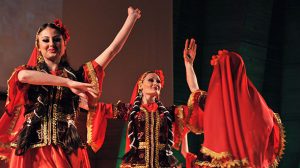
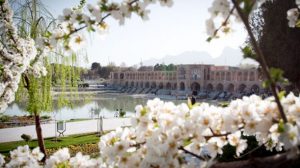
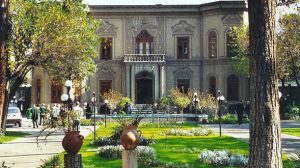

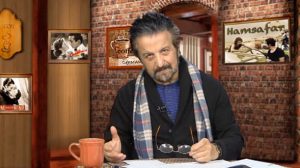
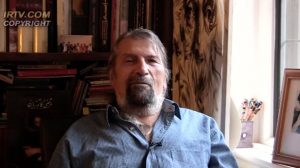
Add Comment